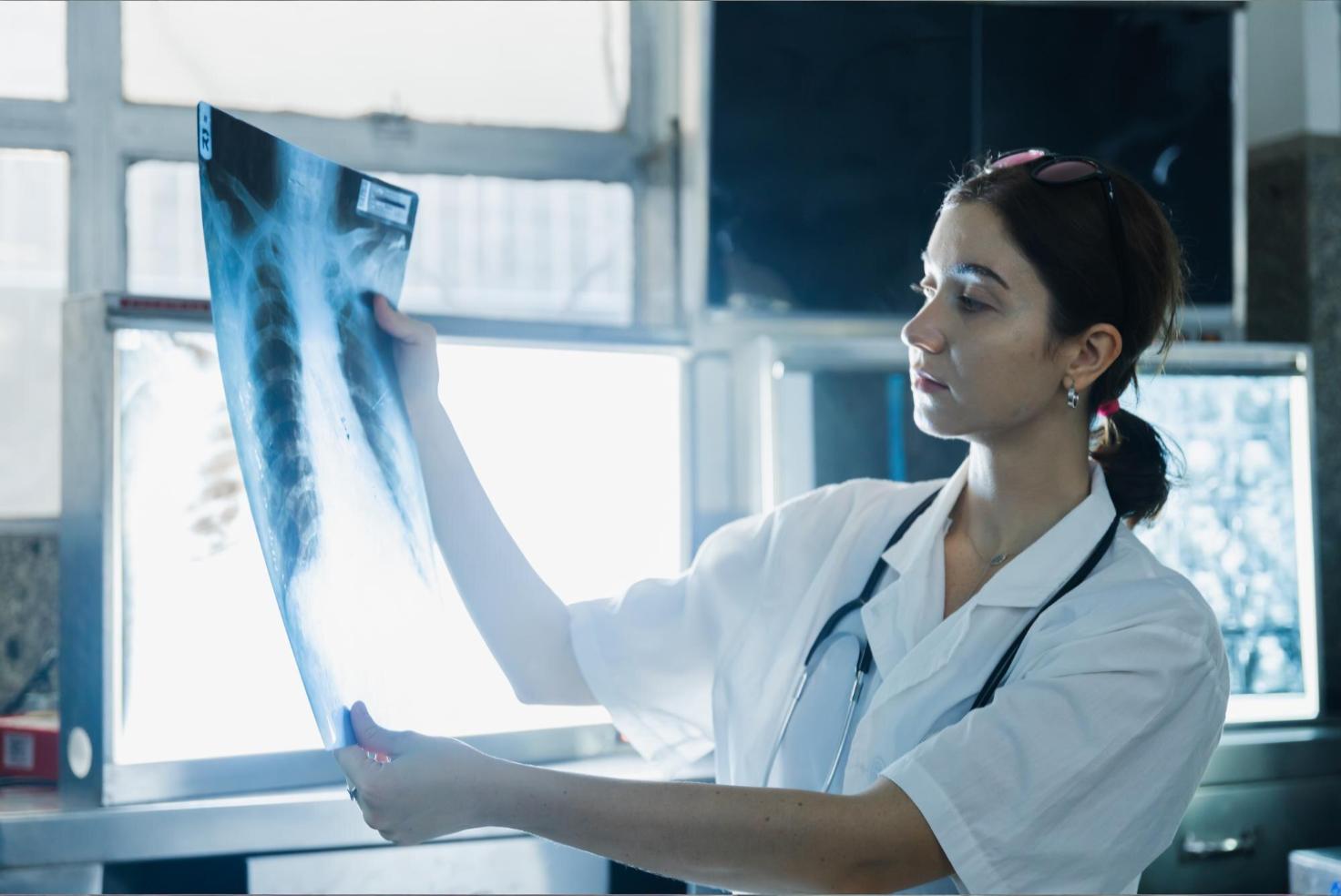Latest Notifications

Blog

Your Path to Success: Best B.Sc. in Radiology & Imaging Technology in West Bengal
Embark on a fulfilling and dynamic career in healthcare with the Best B.Sc. in Radiology & Imaging Technology in West Bengal, offered by the Haldia Institute of Health Sciences. This comprehensive program is meticulously designed to equip you with the essential knowledge and practical skills to excel in the rapidly evolving field of medical imaging. If you are aspiring to play a crucial role in disease diagnosis and patient care, this ultimate guide will illuminate why a B.Sc. in Radiology & Imaging Technology from our esteemed institution is your ideal stepping stone to success.
Understanding the Realm of Radiology & Imaging Technology
Radiology and Imaging Technology forms the backbone of modern diagnostics. It involves the use of sophisticated equipment and techniques to visualize the internal structures of the human body, aiding physicians in accurate diagnosis, treatment planning, and monitoring disease progression. As a B.Sc. in Radiology & Imaging Technology graduate, you will be at the forefront of this critical healthcare domain, operating advanced imaging modalities such as:
- X-ray: The foundational imaging technique utilizing electromagnetic radiation to create images of bones and certain soft tissues.
- Computed Tomography (CT Scan): A more advanced X-ray technique that combines multiple cross-sectional images to create detailed 3D views of internal organs, bones, and blood vessels.
- Magnetic Resonance Imaging (MRI): A powerful imaging modality that uses strong magnetic fields and radio waves to produce high-resolution images of soft tissues, brain, spinal cord, and joints without using ionizing radiation.
- Ultrasound: A real-time imaging technique that uses high-frequency sound waves to visualize internal organs, blood flow, and fetal development.
- Nuclear Medicine: This involves administering small amounts of radioactive substances to visualize organ function and detect abnormalities.
- Mammography: A specialized X-ray technique for breast imaging, crucial for early detection of breast cancer.
What You Will Learn in Our B.Sc. Program
Our B.Sc. in Radiology & Imaging Technology program is structured to provide you with a thorough understanding of the principles and practices of medical imaging. Key areas of study include:
- Human Anatomy and Physiology: Understanding the structure and function of the human body is fundamental to interpreting medical images.
- Radiation Physics: This crucial subject covers the principles of radiation generation, interaction with matter, and radiation safety.
- Imaging Techniques: You will gain in-depth knowledge and practical skills in various imaging modalities, including X-ray, CT scan, MRI, ultrasound, and nuclear medicine.
- Radiographic Positioning and Procedures: Mastering the techniques for accurately positioning patients to obtain high-quality diagnostic images is a core skill.
- Image Processing and Evaluation: You will learn how to process, analyze, and evaluate medical images to identify normal and abnormal findings.
- Radiation Protection and Safety: Ensuring the safety of both patients and healthcare professionals from radiation hazards is paramount.
- Medical Ethics and Patient Care: You will develop a strong understanding of ethical principles and learn how to provide compassionate and effective patient care.
- Recent Advances in Imaging Technology: The field of medical imaging is constantly evolving, and our curriculum incorporates the latest technological advancements.
Career Opportunities After Graduation
A B.Sc. in Radiology & Imaging Technology from Haldia Institute of Health Sciences opens up a wide range of career opportunities, including:
- Radiology Technologist/Radiographer: Operating X-ray equipment and assisting radiologists in various radiographic procedures.
- CT Scan Technologist: Specializing in performing computed tomography scans.
- MRI Technologist: Operating magnetic resonance imaging scanners to produce detailed images.
- Ultrasound Technician/Sonographer: Using ultrasound equipment to create real-time images of internal organs and tissues.
- Nuclear Medicine Technologist: Preparing and administering radiopharmaceuticals and operating nuclear medicine imaging equipment.
- Mammography Technician: Performing specialized breast imaging procedures.
- Radiology Assistant: Assisting radiologists with various clinical and administrative tasks.
- Research Technologist: Participating in research studies involving medical imaging.
- Application Specialist: Working with medical equipment manufacturers, providing training and support for imaging systems.
Eligibility Criteria and Admission Process
To be eligible for the B.Sc. in Radiology & Imaging Technology program, candidates typically need to have passed the 10+2 examination with Physics, Chemistry, and Biology as compulsory subjects from a recognized board. The admission process usually involves an entrance examination and/or an interview.
Take the First Step Towards a Successful Career
Choosing the right educational institution is crucial for building a successful career. The B.Sc. in Radiology & Imaging Technology program at Haldia Institute of Health Sciences provides you with the comprehensive education, practical skills, and clinical exposure necessary to thrive in the dynamic field of medical imaging. Contact us for more information.

